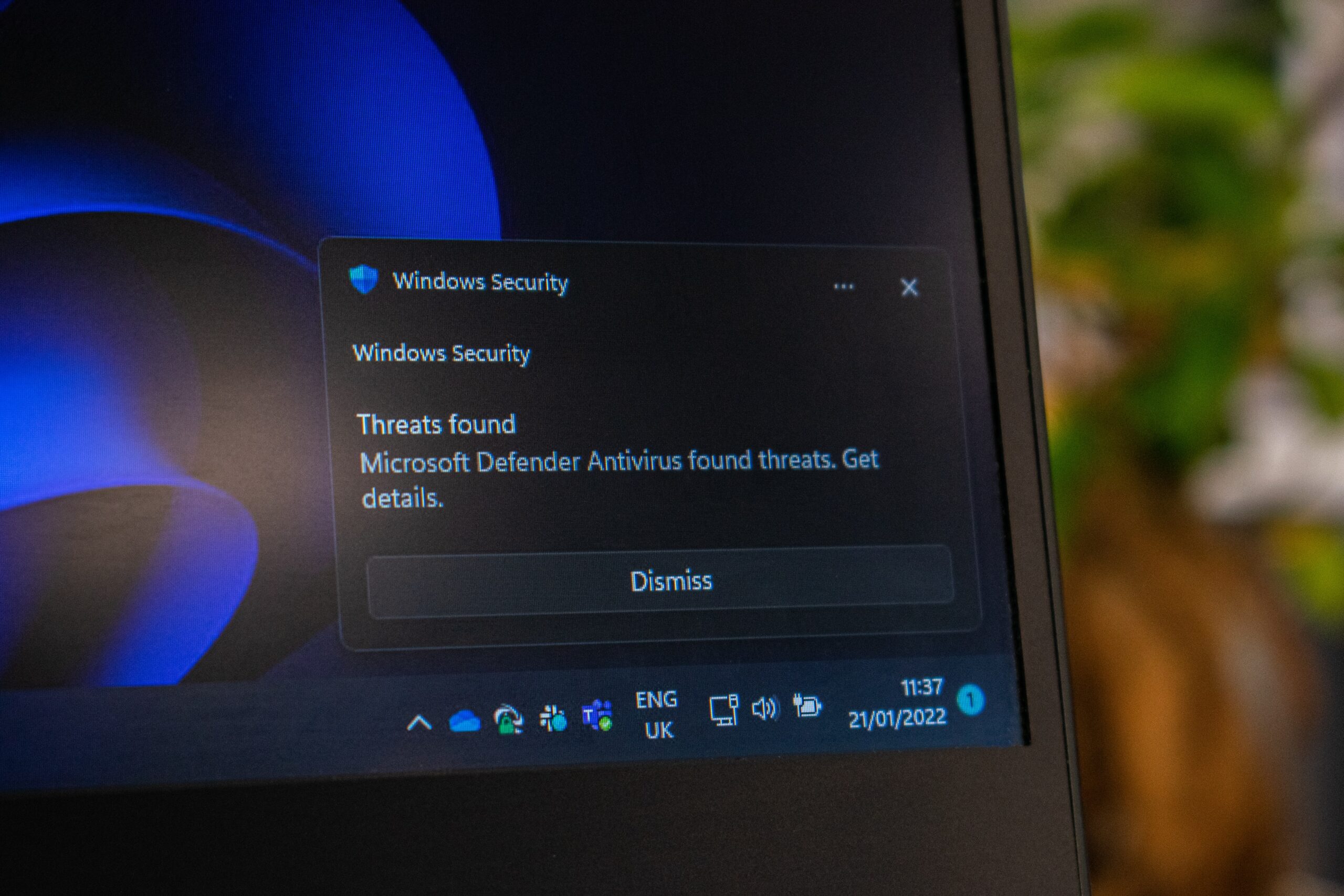Do you need antivirus on iPad or iPhone?

If you do any research, you’ll find that the conventional wisdom holds that you can get by without antivirus software on your iPhone or iPad. It’s for good reason that you were told no, but the correct response is more complicated than that.
Apple has engineered iOS and iPadOS such that malicious software, such as viruses, has a tough time infiltrating the system. This is a good development, but keep in mind that modern antivirus programs do many other useful functions as well.
In fact, the term “antivirus software” does a disservice to what it performs because security risks have expanded far beyond viruses. The most up-to-date security suite will shield your device, and by extension, yourself, against a larger variety of threats.
Virus writers are constantly at odds with the developers of popular operating systems like iOS and iPadOS, and they’ve learned that it’s much simpler to just deceive the user into handing over their password and payment information than it is to develop software that will do the same thing.
The goal of these crooks is, after all, to steal your personal information and your money.
Since you can unintentionally cause harm to yourself, it’s probably a good idea to use a “antivirus” app on your iOS devices.
Even on Apple devices, security software can perform the following functions:
Alert you to suspicious websites that might be trying to steal your personal data.
Indicators of potentially harmful external links in electronic correspondence
Keep track of your passwords for you, ensuring that you always use a secure, different one for each online service (and not use the same one for all accounts)
Employing a Virtual Private Network (VPN) is an excellent way to protect your privacy when surfing the web.
Safeguard your privacy by being notified immediately if your private information is ever leaked onto the dark web.
Lock down your video and photo collections so that only you can view them.
It’s true that they won’t prevent malware from infecting your iOS device, but it doesn’t mean you shouldn’t install one anyhow!
If you’re short on time and only want to know what to install, we have three suggestions for you.
McAfee’s Anti-Virus App
Norton 360 Mobile Security App
Avast One Antivirus
Considering that Avast One is free for a single device, it may be the most alluring option. The free edition nevertheless has a lot to offer for no cost, despite the fact that some functions are disabled or unavailable unless you pay for it (see our review for more). Norton offers subscriptions for a single iOS device, but the more cost-effective option is Norton 360 Deluxe, which protects up to five devices at once.
Similar to its predecessor, McAfee Security calls for a subscription for at least one device in order to function. However, McAfee’s Total Protection subscription (which protects five or ten devices) costs less overall.
Considering that the vast majority of security apps are compatible with iOS, Android, Windows, and macOS, it makes sense to use the same one on all of your devices. For more suggestions, please refer to our compilation of top antivirus programs.
It’s important to note that Android phones are vulnerable to infections; if you own both an iPhone and an Android, you should buy an antivirus app for your Android right once. We’ve compiled a list of the top antivirus software for Android devices.
Don’t click on links in emails unless you know they’re from a legitimate sender, don’t give out your bank details or password unless you know it’s safe, and use an encrypted messaging service like WhatsApp or iMessage if you ever have to share sensitive details like this with a friend or family member.




